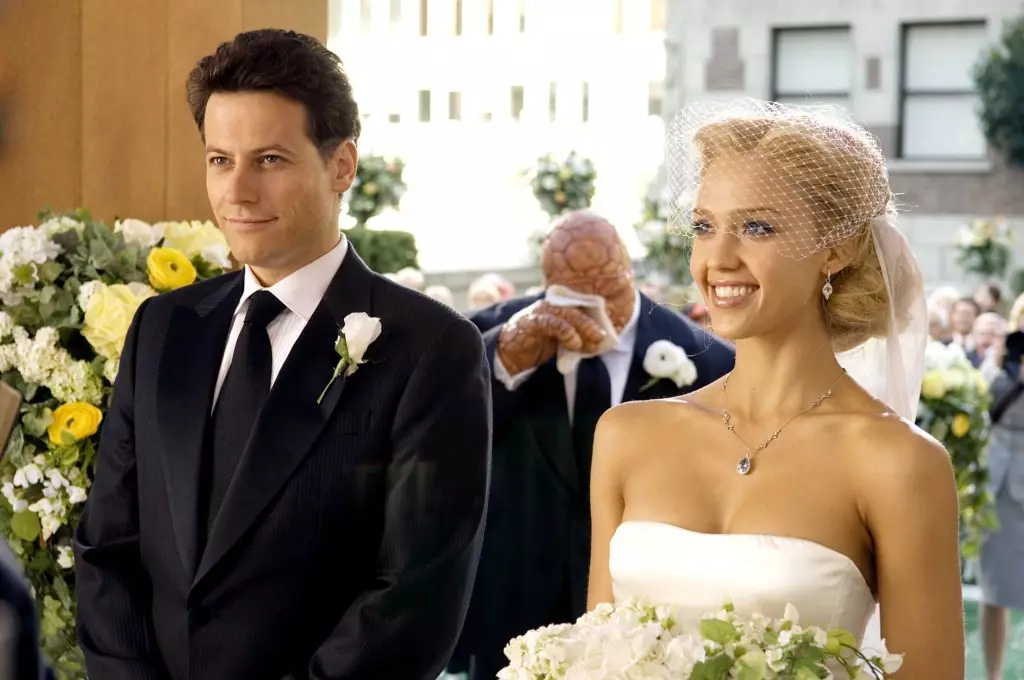In the world of blockbuster filmmaking, few genres evoke as much passion and disappointment as superhero movies. Actors like Ioan Gruffudd, who once portrayed Mr. Fantastic in the early Fox iterations, remind us how fragile and unpredictable this universe truly is. Despite the audience’s unwavering enthusiasm, Hollywood’s decision-making processes often undermine the very stories fans adore. Gruffudd’s reflective commentary reveals an uncomfortable truth: even promising franchises with considerable box office success and positive reception can be abruptly terminated or sidelined.
It’s revealing how actors form emotional bonds with these characters. Gruffudd describes his time as Reed Richards as a “massive stepping stone,” a role that became a part of his identity. Yet, that identity was swiftly taken away when plans for a third film were canceled, and the franchise was rebooted amidst mixed critical and commercial results. This indicates that franchise longevity largely hinges on studio decisions, strategic directions, or changing market trends rather than fan support or artistic merit. We often assume our devotion can sway industry choices, but behind the scenes, it’s their bottom line that dictates continuance.
The Illusion of Control in Hollywood
Actors like Gruffudd acknowledge that the creative process in Hollywood isn’t always rooted in artistic integrity or fan engagement. Instead, decisions about sequels and reboots are driven by business considerations, shifting trends, and studio politics. The scrapped third installment of the Fantastic Four series exemplifies how even well-performing films aren’t guaranteed a future. Despite earning over $300 million domestically, the franchise was deemed expendable, leading to a complete reboot that critics lambasted and audiences largely rejected.
This pattern underscores a troubling truth: fandom alone cannot secure a franchise’s fate. Fans may imagine their heroes returning or evolving, but behind the curtain, executives often prioritize fresh IP, marketability, or shifting gears entirely. Gruffudd’s mention of not being approached for future appearances or the Marvel universe hints at how disconnected actors can become from the evolving narrative. Meanwhile, fans cling to hope, often fueled by rumors and wishful thinking about cameos or alternate universe versions. Hollywood’s control over such continuity seems arbitrary, leaving fans in a continual state of anticipation or frustration.
The Personal Toll on Actors and Fans
For actors like Gruffudd, their love for these characters becomes intertwined with personal identity—so much so that losing the role can evoke a mourning process. Gruffudd candidly shares how he “almost grieves” the loss, emphasizing how significant to an actor’s career and self-perception these superhero portrayals can be. It’s not merely about the paycheck; it’s about being part of a cultural phenomenon, a dream realized on screen.
This emotional connection complicates how fans experience these characters. We often forget that actors are human beings who invest their craft and aspirations into roles that can disappear overnight. The hope that someone like Gruffudd might return or that the franchise could be revived fuels a cycle of longing, which contrasts sharply with Hollywood’s often cold business realities. The fact that rumors can circulate about characters appearing in different stories or universes—like Krasinski’s limited yet impactful cameo—further illustrates how fans seek continuity in a landscape that is anything but consistent.
The Unfulfilled Promise of Superhero Cinema
Ultimately, the saga surrounding the Fantastic Four encapsulates broader issues within superhero filmmaking. Success is seemingly never enough; the lifecycle of a franchise can be cut short regardless of its popularity or financial achievements. The industry’s relentless pursuit of new properties and reboot cycles dilutes the very magic that once made superheroes compelling. Actors, fans, and creators alike grapple with the reality that these characters often live and die by studio whims rather than by enduring storytelling.
In the end, our adoration for superheroes persists not because of the films themselves but because of the mythologies they inspire. The characters become cultural icons that transcend their frames—untouchable, multifaceted, and larger than life. While Hollywood may continue to shuffle its deck and reset its decks, the real power remains within the collective imagination of fans worldwide, who refuse to let go of the hope that their favorite heroes will always find ways to return.
